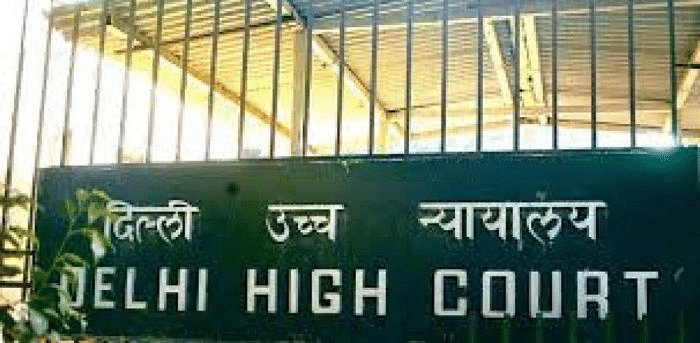
The Delhi High Court Wednesday sought a response from the Centre on separate pleas by two same-sex couples, one seeking to get married under the Special Marriage Act (SMA) and the other seeking registration of their wedding in the US under the Foreign Marriage Act (FMA).
A bench of Justices R S Endlaw and Asha Menon issued notice to the Centre and the Delhi government asking them to clarify their stand on the plea by two women seeking to get married under the SMA and challenging provisions of the statute to the extent it does not provide for same-sex marriages.
The court also issued notice to the Centre and the Consulate General of India in New York on the other plea by two men who got married in the US but were denied registration of their marriage under the FMA.
The bench listed both matters for hearing on January 8, 2021.
Also read: Time to allow same-sex marriage
During the hearing, the bench said it has no doubts regarding maintainability of the petitions, but added that the concept of marriage emanates from the customary laws which do not recognise same-sex marriages.
It also said that marriage is not defined under the SMA and FMA and everyone interprets what marriage is according to the customary laws.
It said that once same-sex marriages are recognised under the customary laws, this would be followed by the other statutes like SMA and FMA. The court also said if the petitioners wished to make any changes in their pleas to challenge the definition of marriage, now was the time instead of having to do it at a much later stage in the proceedings.
The court further said that SMA was enacted as there were no customs for inter-faith and inter-caste marriages.
Senior advocate Menaka Guruswamy, appearing for both sets of petitioners, said the petitioners are not seeking relief under any customary or religious laws, rather they are seeking that the civil laws -- SMA and FMA -- which are applicable to all kinds of couples, including inter-caste and inter-faith, be also made applicable to them.
Guruswamy also told the bench that both SMA and FMA are not based on customary laws.
One of the counsels, Rajkumar Yadav, representing the central government said that in the 5,000-year-old history of Sanatan Dharma such a situation was being faced for the first time.
To this the bench remarked, that the "language in the statutes is gender-neutral. Please try to interpret the law in the interests of every citizen of the country."
